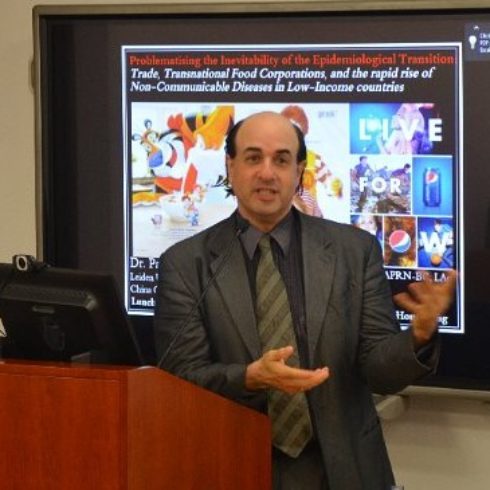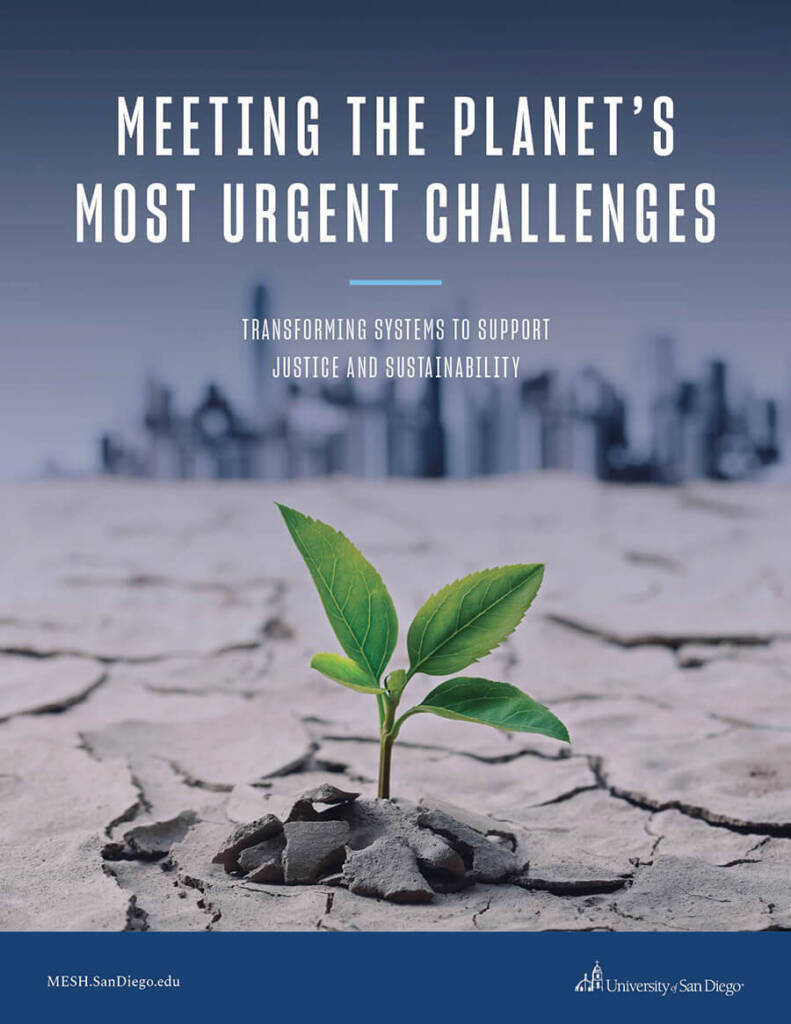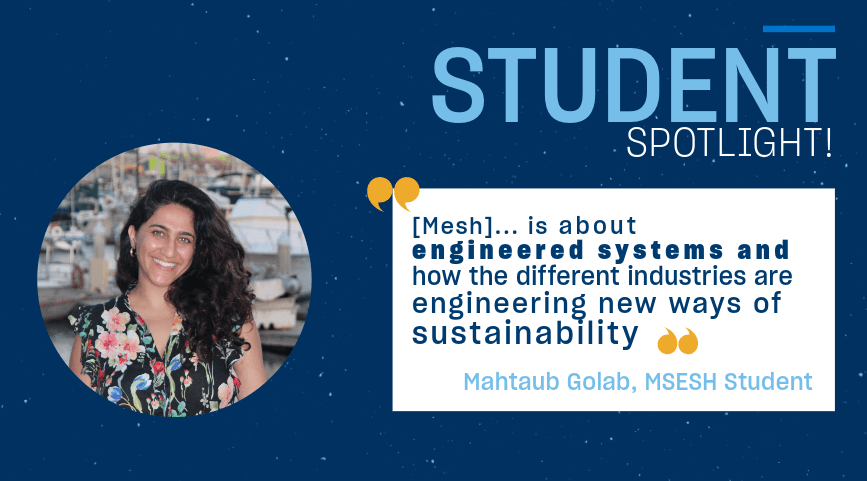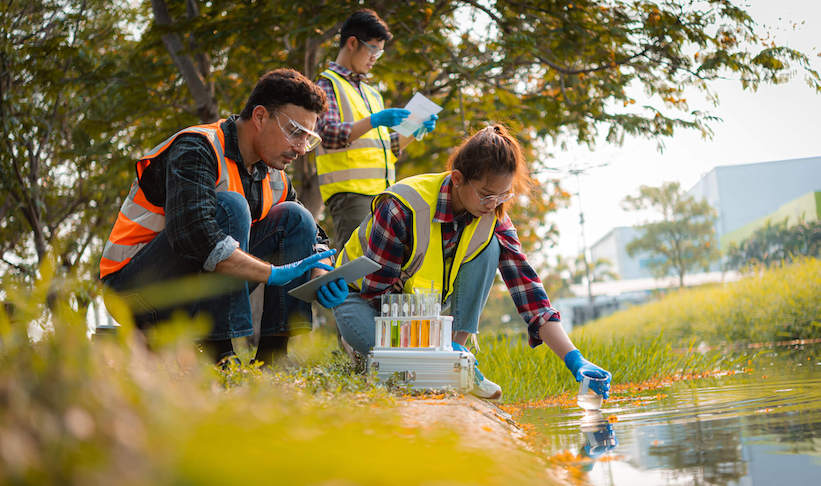Apart from sounding like a cliché, or an advert for AT&T, “we’re all connected” is a quite important truism; and as we see with the current pandemic, a truism that needs to be heeded for our survival. As witnessed over the past months, what occurs in India or South Africa, can, and in the case of Covid-19, did, affect the entire world.
Just as the impact of the burning of fossil fuels, and air and water pollution, know no boundaries, neither do pathogenic agents. Political and geographic boundaries are obliterated in such instances. So the idea of nations “going their own way” and not working collectively, as witnessed throughout this pandemic, does not bode well for the survival of our species, or really for that of any other, given the complex challenges we currently face on earth.
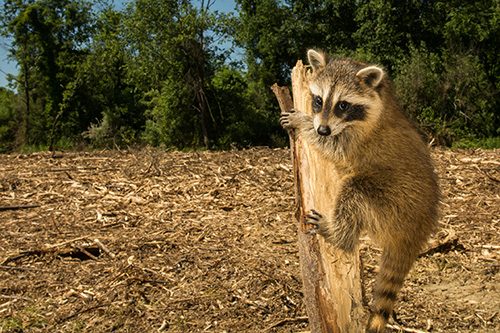
These complex challenges that affect any part of our interconnected ecosystem and planet, will eventually impact us as well. In research I conducted in the Highlands of Guatemala, I witnessed the death of a lake, Lago Atitlan, which the writer Aldous Huxley called “The most beautiful lake in the world”. Its demise was achieved by developers who came up with the brilliant idea of attracting American expats to the area via the introduction of non-indigenous Bass fish to this ecosystem …and which proceeded to eat everything living in the lake. Now a vast pool of algae, the Mayans, who were dependent on the lake for food, are struggling.
We can also witness how human encroachment on new habitats that can result in deforestation, potential soil erosion, and desertification (changes of habitat that kill off local species), also fosters the potential for the development of zoonotic diseases stemming from novel interactions between humans and local animal life.
Thus, in order to redress these challenges, it behooves us to move past the reductionism and “modernity” of the Enlightenment and instead focus on how we can positively impact the complex interconnections of our planet.
The new Masters in Engineering, Sustainability, and Health (or Mesh) in the Shiley-Marcos School of Engineering at The University of San Diego prepares students to understand and be able to positively impact the complex mesh of life on earth.
